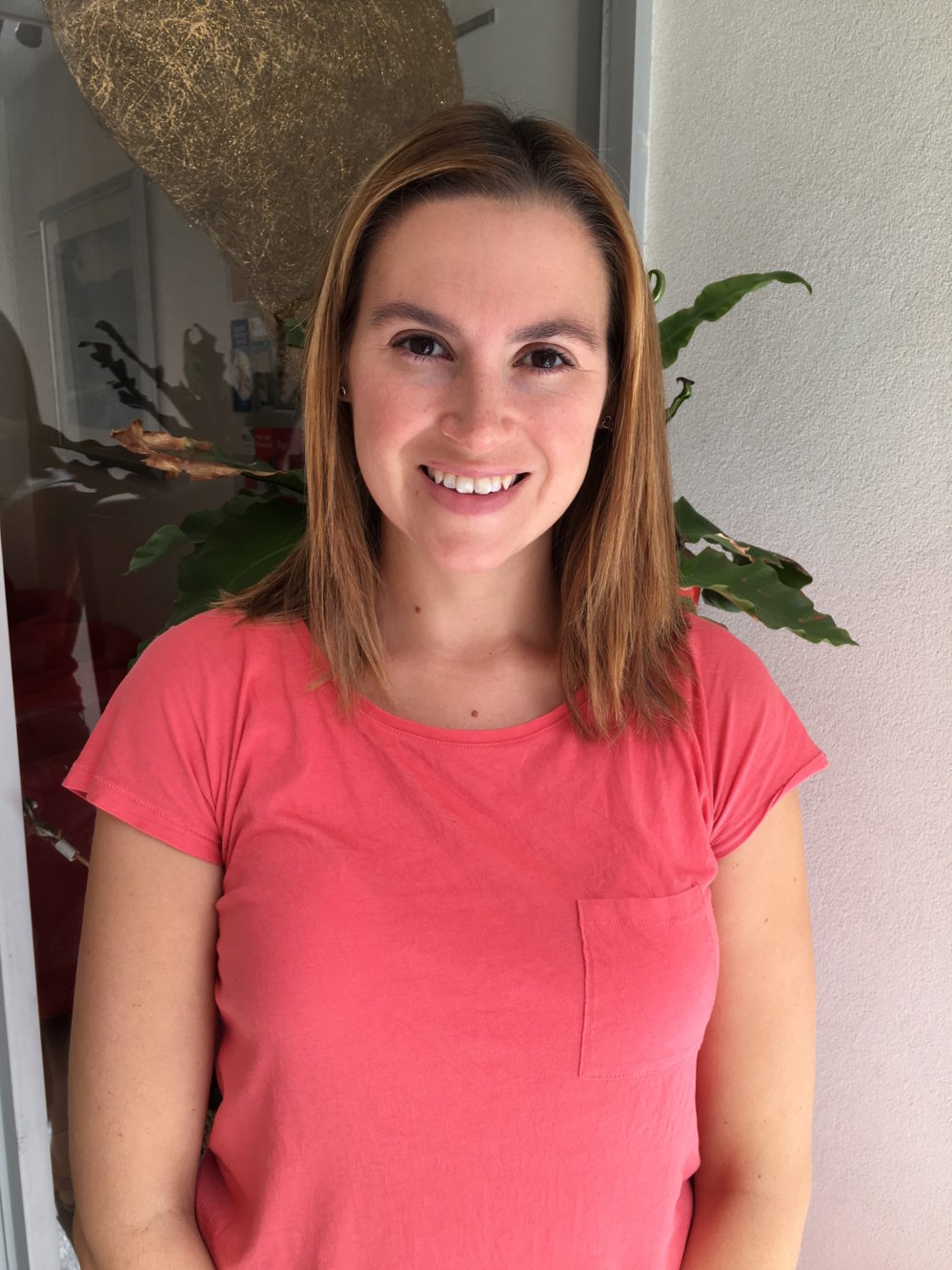Obtaining a good night’s sleep is important for our mood, concentration and psychological well-being. The use of technology at night-time can interfere with both the amount that we sleep and the quality of our sleep. Sleep as you may know, is critical for our mental health.
Impact of bright screens on sleep.
Viewing bright screens (as in from a phone, computer or tablet) at night can significantly impact the time we start to feel sleepy and eventually fall asleep. This is because viewing screens increases alertness and inhibits the secretion of melatonin. Research tells us that viewing screens at night effects sleep, circadian patterns (sleep/wake cycle) and unsurprisingly, next morning alertness.
Screens have a particular type of light that makes them bright and this light mimics the effects of sunlight on the brain. In other words, when we view a bright screen our brain thinks it’s the morning sun and wakes itself up by inhibiting melatonin. Some studies have found that viewing screens up to 5 hours before bed can impact our sleep quality where screens are viewed for 1.5 hours or more.
Technology use increases our mental alertness because we may also become absorbed in what we are doing and delay our bedtime. A meta-analysis of studies with teenagers, found that using technology at night was related to later bedtimes because of the increase in alertness and failure to recognise sleep signals due to being engrossed in technology.
Not all forms of technology use are equally stimulating. Generally speaking, active forms of technology use (playing video games and texting) are more stimulating than passive ones (reading an e-book). Therefore, it’s worth engaging in more passive forms of screen use (or none at all) prior to going to bed.
What to do about screen use.
The first thing is to have ‘no screen time’ for at least on hour before bed. As well as this, a consistent bedtime routine helps to prepare the body and mind for sleep and may be beneficial.
If you can’t bear to be without screens there are few screen light-reducing products that reduce the intensity of the concentrated blue light emitted by bright visual displays. The ones I recommend based on user feedback are:
- night shift, which is a setting on iPhone/iPads; and
- F.lux which is both an app for android phones and program for desktops. F.lux is free.
You can also buy orange tinted glasses to further reduce out the concentrated blue light from bright visual displays. These glasses work by blocking out the concentrated blue light.
Avoiding night time temptation to view screens.
The best way to avoid the temptation to respond to texts or looking something up on your phone is to have all devices charging in a separate room. Studies have also shown that young people who have screens in their bedroom get up to an hour’s less sleep per night.
(The aim of this article is to give you ideas on well-being. Please note this article is not intended to replace therapy.)
About the Author: Tena Davies, Psychologist
 Tena Davies is Psychologist based in inner city Melbourne. Tena has expertise in psychological counselling with adolescents and adults. She also works as a cyber expert providing cyber safety education to schools and professionals. As a Psychologist, Tena believes in helping clients to gain insight into their difficulties and teaching them new skills to grow and thrive. Please see www.tenadavies.com for more information.
Tena Davies is Psychologist based in inner city Melbourne. Tena has expertise in psychological counselling with adolescents and adults. She also works as a cyber expert providing cyber safety education to schools and professionals. As a Psychologist, Tena believes in helping clients to gain insight into their difficulties and teaching them new skills to grow and thrive. Please see www.tenadavies.com for more information.



Leave a Reply